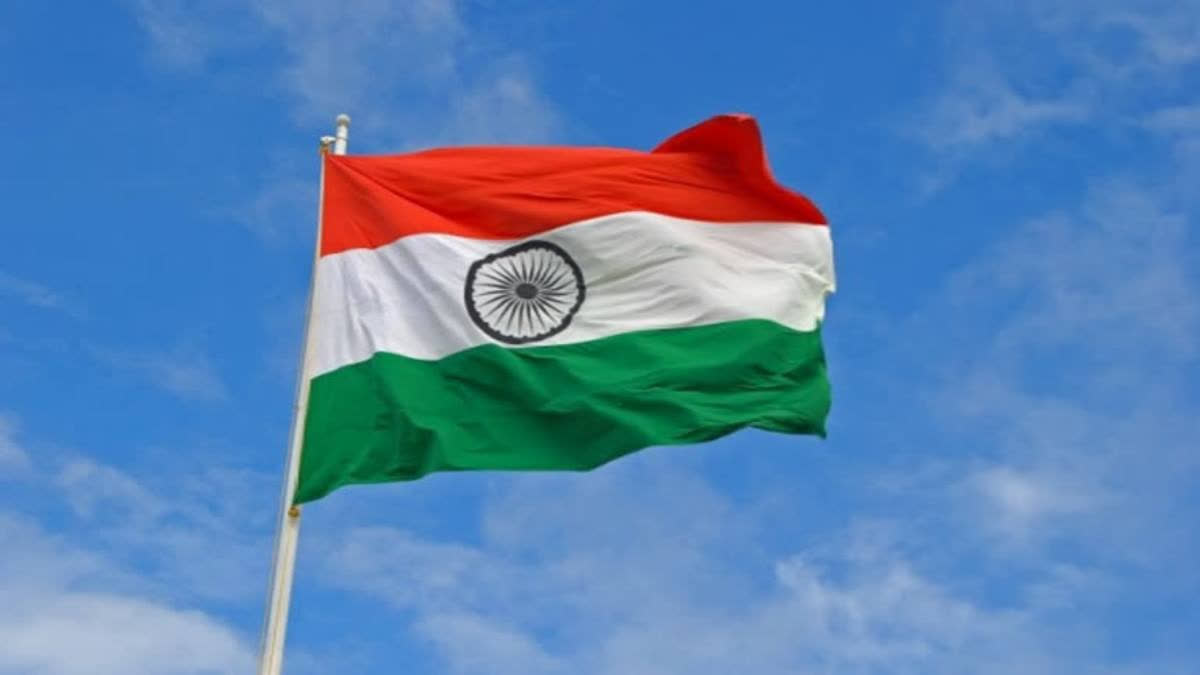New Delhi: India will be hosting the Third Voice of the Global South Summit (VOGSS) on August 17 at a time of geopolitical churning with the Russia-Ukraine and Israel-Hamas wars continuing to rage adding to the already existing global challenges of food and energy security and climate change.
As was the case in the first two summits held in January and November of 2023 during India’s G20 presidency, this time, too, the summit will be held in a virtual format. The VOGSS is an initiative launched by India to bring together countries from the Global South to discuss shared challenges and priorities. It emphasises the importance of South-South cooperation, where developing countries can collaborate, share resources, and support each other’s development goals. It seeks to build solidarity among the nations of the Global South and reduce dependence on the traditional powers of the Global North.
According to a statement issued by the External Affairs Ministry, the Third VOGSS, with the overarching theme of ‘An Empowered Global South for a Sustainable Future’, will act as a platform to expand discussions held in the previous summits on a range of complex challenges that continue to affect the world, such as conflicts, food and energy security crises, climate change - all of which disproportionately severely affect developing countries.
“At the summit, the countries of the Global South would continue deliberations on challenges, priorities and solutions for the Global South, particularly in the developmental domain,” the statement reads. It is worth mentioning here that both the previous editions of the summit last year saw the participation of over 100 countries from the Global South.
“The inputs and feedback received from the leaders of the developing countries in these two summits were appropriately reflected in the agenda and discussions of the G-20 Summit under India’s Presidency last year, including in the G-20 New Delhi Leaders’ Declaration,” the External Affairs Ministry stated.
One of the biggest achievements for India during its G20 Presidency is bringing the Global South to the high table of the inter-governmental forum. From the very outset of its assuming the G20 presidency from Indonesia in December 2022, India had said that it would be the voice of the Global South. At India’s initiative, the 55-nation African Union (AU) was made a part of the G20 during the intergovernmental forum’s annual summit in New Delhi on September 9-10 last year.
The First VOGSS was held on January 12-13, 2023, soon after India assumed the presidency of the G20. Addressing the summit, Modi had said that the Global South has the largest stakes in the future.
“Three-fourths of humanity lives in our countries,” he had said. “We should also have an equivalent voice. Hence, as the eight-decade-old model of global governance slowly changes, we should try to shape the emerging order.”
During the Second VOGSS held on November 17 last year towards the end of India’s G20 presidency, Modi also inaugurated the Global South Centre of Excellence or DAKSHIN, an initiative aimed at fostering collaboration among developing nations by serving as a knowledge repository and think tank. India also called for the five Cs for the Global South: consultation, cooperation, communication, creativity and capacity building.
The August 17 summit will be the first post-India’s G20 presidency. According to the External Affairs Ministry, the inaugural session would be at the head of state/government level and will be hosted by Prime Minister Modi. In addition, there will be 10 ministerial sessions, with the following themes: Foreign Ministers’ session on ‘Charting a Unique Paradigm for Global South’; Health Ministers’ session on ‘One World-One Health’; Youth Ministers’ session on ‘Youth Engagement for a Better Future’; Commerce/Trade Ministers’ session on Trade for Development- Perspectives from Global South’; Information and Technology Ministers’ session on ‘DPIs for Development- A Global South Approach’; Finance Ministers’ session on ‘People-Centric Approach to Global Finance’; second Foreign Ministers’ session on ‘Global South and Global Governance’; Energy Ministers’ session on ‘Sustainable Energy Solutions for a Sustainable Future’; Education Ministers’ session on ‘Prioritising Human Resource Development: A Global South Perspective’; and Environment Ministers’ session on ‘Pathways for Progress: A Global South Perspective on Mitigating Climate Change’.
Why the Third VOGSS assumes significance is that because it is being held at a time when the Russia-Ukraine and Israel-Hamas wars are raging on disrupting global supply chains. The problem has been particularly acute for the developing nations. Poverty alleviation, healthcare, education, infrastructure development, and digital transformation are areas where developing countries face common challenges and can benefit from shared solutions.
Also, as is evident from the theme of the environment ministers’ session, many countries in the Global South are disproportionately affected by the impacts of climate change. The summit will provide a platform to advocate for climate justice, equitable access to resources, and support for adaptation and mitigation efforts.
As in the previous two editions of the summit, this time too it will bring together leaders and policymakers from the Global South to counterbalance the dominance of the Global North in international forums.
Read more: 'Success of India's G20 Presidency Makes Voice of Global South Stronger': Brazilian Envoy



